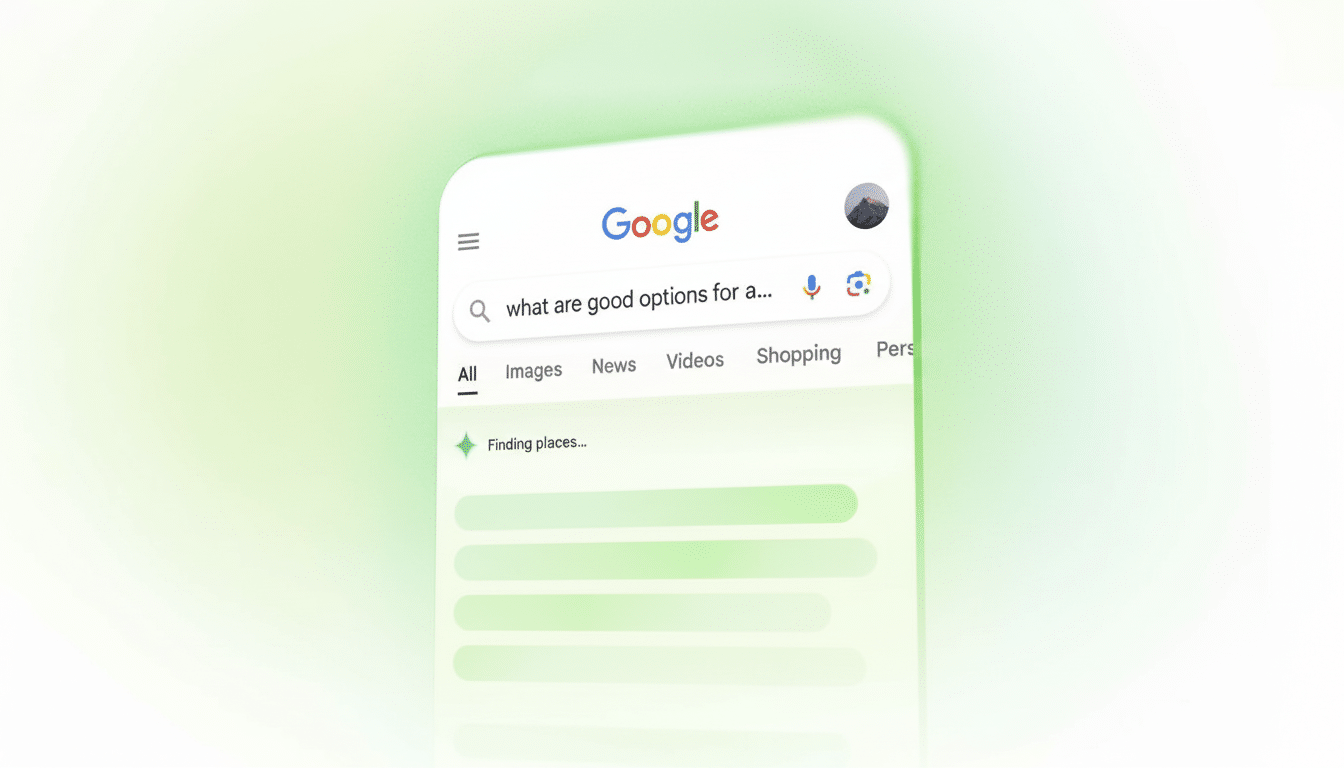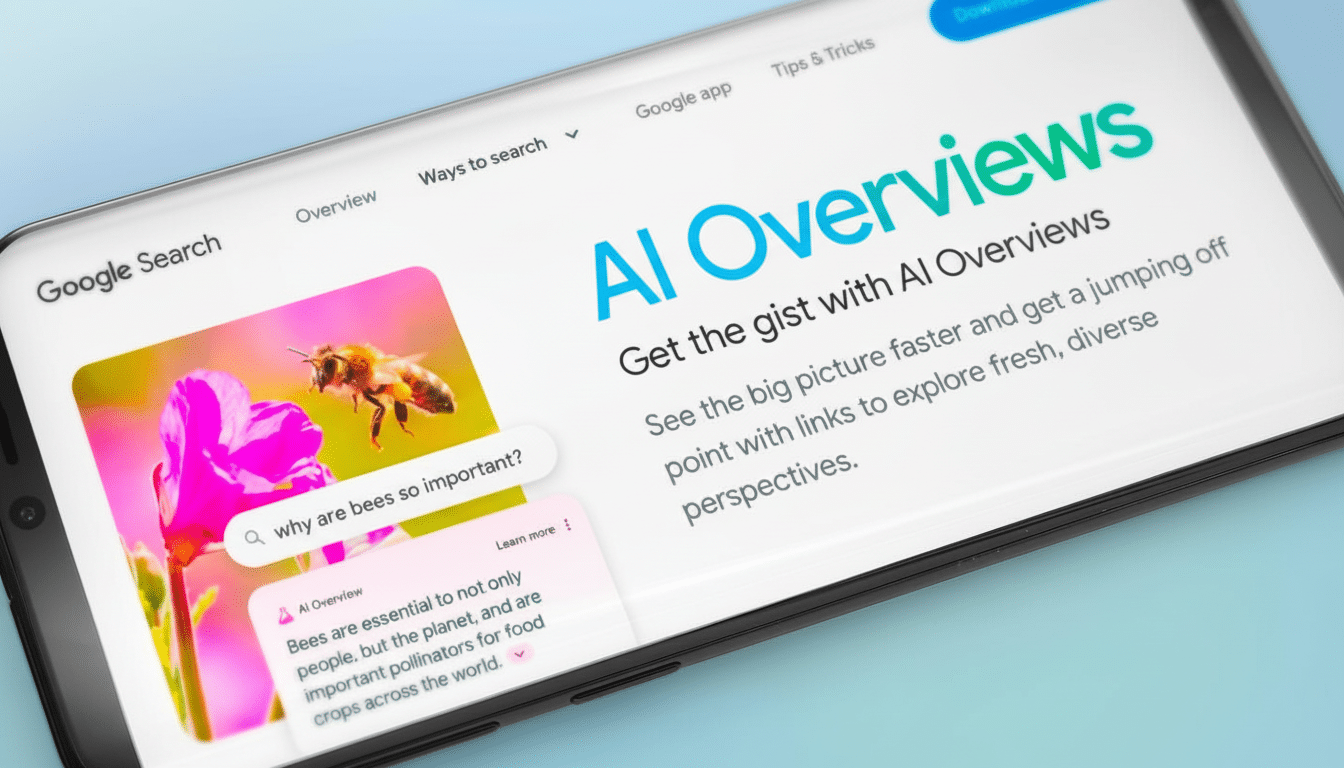Penske Media, parent company of Rolling Stone, Billboard, Variety, The Hollywood Reporter and Deadline, as well as Vibe and Artforum this week, filed suit against Google claiming the search giant illicitly repurposes its journalism to power AI summaries that siphon audience and revenue. The case focuses specifically on Google’s AI Overviews, claiming that it replicates the value of news articles on its results page and diminishes the incentive for readers to click through and read the original work.
What the lawsuit claims
The heart of the complaint is an argument that Google taking advantage of its near-hegemony in search to coerced publishers into a lopsided bargain—allow indexing for traditional search and, as a de-facto condition, allow content to be used for AI Overviews and training of AI models. Penske Media says refusing those uses essentially means refusing search entirely — a linguistically rough “pay with your content or fade away” scenario for any publisher that depends on referral traffic.

The filing also claims that Penske Media recorded large drops in clicks from Google after AI Overviews was more widely implemented. Less visits equal less ad impressions, fewer subs conversions and that leads to reduced affiliate revenues — these are the downstream business effects publishers have been alerting about when generative answers grow within search results.
Legally, the suit mixes copyright and competition issues. Reproducing article “gists” is already too much fair use, and linking access to a content index with permission to reuse using the AI constitutes an abuse of market power. The complaint also flags concerns about the use of publisher content to train Google’s AI systems without its express consent or sufficient payment.
Google’s stance$Item.HeaderText and the traffic kerfuffle
Google on the other hand argues that AI Overviews make search more helpful, pointing to its perennial argument that it sends billions of clicks to publishers each day and that summaries drive discovery to a wider array of sources. Lawsuits such as this are meritless, and a spokesman for the company said Overviews include citations that are intended to bring forward the originators of information.
Whether one has to drive through traffic or not also seems query-dependent. SEO researchers have demonstrated that zero-click behaviors rise when answers are completely solidified on the results page, and analytics firms like Chartbeat and Similarweb ave reported mixed impacts by category. Newsrooms say the exposure is particularly acute for evergreen explainer reporting and high-intent service journalism — exactly the kind of pieces that AI Overviews are capable of genning out in short order. Penske Media’s filing now puts some specific publisher data underneath those complaints — and challenges Google to come with robust countervailing evidence on referral trends.
A larger struggle over AI and the news
The case comes as part of a broader reorientation between AI companies and the news media. The New York Times has filed a lawsuit against OpenAI and Microsoft over training on its articles. Getty Images tracked down Stability AI for unauthorized image scraping. On the other side, there are some organizations cutting deals: The Associated Press licensed content to OpenAI, and major publishers like News Corp and Axel Springer have announced AI licensing agreements designed to create new revenue streams.

Publishers say the “open web bargain” — content in return for traffic — has been quietly renegotiated by generative systems that ingest content but retain users on platform. Industry organizations, including the News/Media Alliance, have advocated for explicit consent requirements, compensation rules and labeling guidelines to accompany AI outputs. In Europe, publishers’ rights under the DSM directive have already prompted conversations about reuse; U.S. law is less clear, though courts are testing how far fair use stretches — and at what point licensed content swaps in.
Antitrust background and remedies at issue
The suit also comes against an antitrust backdrop in which courts have found that Google held monopoly power in search but declined to order structural shake-ups, citing rapid competition from AI. Penske Media is demanding behavioural remedies that would separate basic indexing from AI reuse, create meaningful opt-outs for Overviews and model training, and also achieve redress for claimed losses over reduced referrals.
Publishers say current tools—robots. txt, meta commands, and Google-Hiddentags do not cleanly block inclusion in the AI Overviews while inflicting a significant hit to discoverability. A court-ordered structure could require Google to respect fine-tuned preferences: index for classic search, omit from AI summaries and prohibit training except under a license.
What to watch next
The suit could produce practical rules for how AI is incorporated into search. If Penske Media wins, be prepared for pressure on transparent attribution, at-a-glance links and audited reporting of referral impact. If Google prevails, the industry could well tilt even further toward licensing deals and diversification from search reliance.
Either way, the core question is now squarely in front of the courts: When a search engine takes a publisher’s reporting and synthesizes it into an instant answer, is that a helpful summary increasing discoverability, or a substitute stealing value from the original work?
The choice will help determine the economics of digital journalism in the age of AI.

